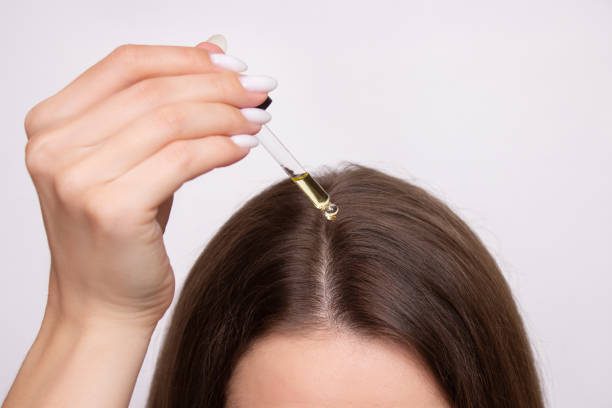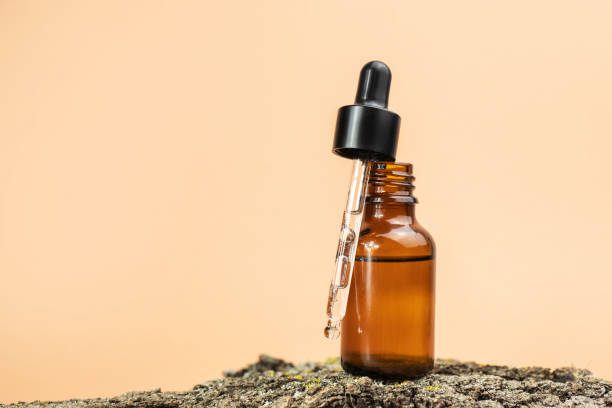Jojoba oil vs argan oil
In the vast world of natural skincare and haircare, two oils have risen to fame in recent years: jojoba oil and argan oil. In this article, two of these golden elixirs—honey and aloe vera—were presented to beauty lovers and specialists, and both of them have their own fine properties for skin and hair care. But to jojoba oil vs argan oils, which one is the champion? Reading this detailed review, you will be able to learn about the peculiarities of the oils, as well as their advantages and applications, so that you can define which one can suit you.
The Origins: Where Do These Oils Come From?
Jojoba Oil: The Desert’s Gift
This non-greasy oil, recognized as jojoba oil, is extracted from the seeds of the jojoba plant Simmondsia chinensis, which is an arid-land vegetable from the south-west of the United States and north-western Mexico. It grows in extremely dry conditions favored by deserts and yields beans that hold the oil.

Argan Oil: Morocco’s Liquid Gold
Argan oil, also known as “liquid gold,” is got from the kernels of the nuts originated from the argan tree, which is native to the south-west of Morocco. The oil has been in use in Morocco in cooking and loveliness products and only adopted lately in other parts of the world for its incredible qualities.
Composition: What Makes These Oils Rare?
Jojoba Oil: Nature’s Doppelganger
When likening jojoba oil vs argan oil, I found out that the next components make jojoba oil quite appealing: Contrary to the majority of vegetable oils, jojoba oil is, in fact, a liquid wax ester. This makes it function biomechanically the same as humanoid sebum, the facial oil we naturally produce ourselves. This kind of similarity makes it possible for the jojoba oil to be absorbed by the skin without compromising the skin’s oily feeling.
Key components of jojoba oil include:
- Eicosenoic acid
- Docosenoic acid
- Oleic acid
- Vitamin E
- Vitamin B complex
Argan Oil: A Nutrient Powerhouse
While sistum oil contains saturated fatty acids, argan oil is comparatively rich in fatty acids as well as antioxidants. As it comprises vitamins and amino acids, it really helps in nourishing skin and hair a lot.
Notable components of argan oil include:
- Oleic acid
- Linoleic acid
- Vitamin E
- Squalene
- Polyphenols
Benefits for Skin: jojoba oil vs argan oil
Jojoba oil and argan oil are pretty helpful for skin, but they do not act in the same manner.
Jojoba Oil: The Skin Balancer
- Hydrates skin gently and does not blot the pores.
- plays an important role in controlling the gland’s secretion of sebum.
- Soothes irritated skin
- Used for acne, possibly due to the antimicrobial effect of zinc.
- serves as a skin shield
Argan Oil: The Anti-Aging Wonder
- The multikavit strong acts as an intensive moisturizer and skin nourisher.
- This food is high in antioxidants that fight radicals within the body.
- You can use them to decrease the likelihood of the development of fine lines and wrinkles.
- supports skin elasticity
- May have a beneficial impact on the process of curing different skin affections.
Hair Care: How Do They Stack Up?
When it comes to hair care, the jojoba oil vs argan oil debate is still on because both oils have their own advantages to be bestowed.
Jojoba Oil for Hair
- Hydrates the scalp as well as the hair without making it feel oily.
- May solve dandruff or dry scalp problems.
- Nadir, in its supplemental uses, can also give hair shine and softness.
- Provides protection that can assist in avoiding harm that can be caused to the hair by heat.
Argan Oil for Hair
- Intensely treats and nourishes hair
- It also assists to prevent frizzy hair and stray hairs.
- It acts as a shield from heat and environmental influences.
- MAY POSSIBLY promote hair strand improvement and decrease hair breakage complexity.
- Gives hair the kind of shine that is healthy and natural.
How to Use: How to Use Jojoba Oil and Argan Oil
Jojoba Oil Applications
- Facial Moisturizer: Massage, gently, a few drops directly to clean skin.
- Makeup Remover: It is used on a cotton pad for eliminating the make-up in a very soft way.
- Hair Treatment: Massage into scalp and hair; leave on for about 20 minutes; rinse hair as normal.
- Cuticle Oil: Place a drop on cuticles to be used to soften and moisturize the cuticles.
Argan Oil Applications
- Night Serum: Use three times one to three drops on the face and neck at night.
- Hair Serum: Apply a small amount through damp hair before blow-drying; protect gray, highlight, and lowlight hair during styling.
- Body Moisturizer: Add a few drops of it to the usual body lotion for sweetening of the last one.
- Nail and Cuticle Treatment: Apply on bare nails and cuticles for healthier nails and cuticles.
Choosing Between jojoba oil vs argan oil
When deciding between jojoba oil vs argan oil, consider your specific needs:
For skins that are oily or have acne issues, jojoba oil may actually be a better option, as it easily resembles sebum and may help control its production.
Since dry or mature skin types are drier than others, the fatty acids and antioxidants of argan oil may help to hydrate skin better.
Argan is better for hair, as both are good for the hair, but the argan is the richest in fatty acids, which may be helpful to very damaged hair.
Oh, by the way, you do not have to select just one option of them! It helps to combine both the effects of jojoba oil and argan oil for the skin and hair in order to receive the benefits.
Positive Impacts and Risks
A few factors that are worth stating if talking about a comparison of jojoba oil vs argan oil are the issues of sustainability and ethicality of the products.
Jojoba Oil: A Sustainable Desert Crop
Jojobas are not very demanding; they are also rather resistant to droughts, which makes them very suitable to grow in the desert. Employment of jojoba oil in production attracts minimal effects on the environment.
Argan Oil: Supporting Local Communities
Argan oil has been produced by Berber women in Morocco, and it has been managed using a traditional method of production. Today, most companies directly source from female cooperatives paying fair wages and empowering women groups. However, with the current ever-growing demand for this cosmic oil across the globe, the threat of overexploitation is inevitable, and therefore, it is important to buy from responsible producers.

Conclusion: jojoba oil vs argan oil
As for the jojoba oil vs argan oil debate, there is no loser here; both the oils are packed with great potential for skin and hair treatment. Jojoba oil shows its strength in regulation and guarding, and argon oil is a great source of nourishment for the skin and an anti-aging treatment as well. The decision between jojoba oil vs argan oil really boils down to one ranging from the other depending on personal requirements and preference.
FAQs
Is it safe to combine jojoba oil and argan oil?
Of course you can use jojoba oil and argan oil concurrently. In particular, many people use these oils together, as it helps them receive advantages from both of them. For instance, you can use jojoba oil for applying a veil of lightweight day cream or argan oil for applying a thick night cream.
Can jojoba oil and argan oil be used for any skin?
The benefits of both jojoba oil and argan oil being used for the skin are usually considered safe for use by most skin types. Though, if we compare it with other oils, jojoba oil might be more effective for oily skin with the appearance of acne because of its regulating capabilities, while argan oil is rich in vitamins and minerals, making it a perfect fit for dry skin and skin with signs of aging. As always, doing a patch test is advisable when using any new product on your face or any other part of your body.

